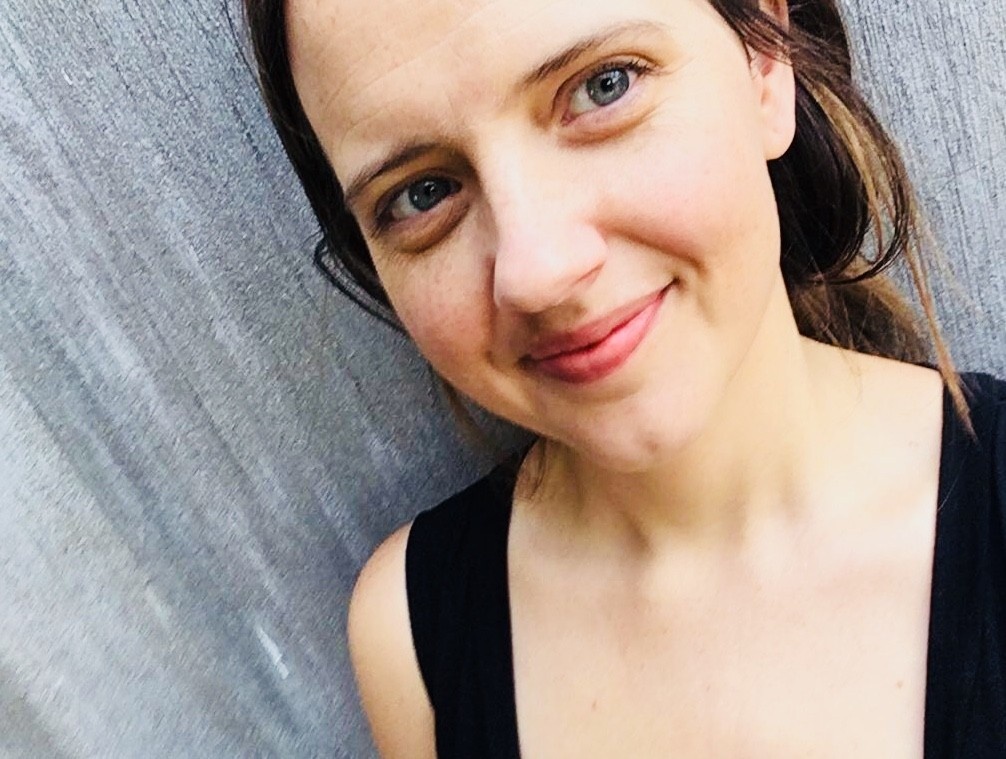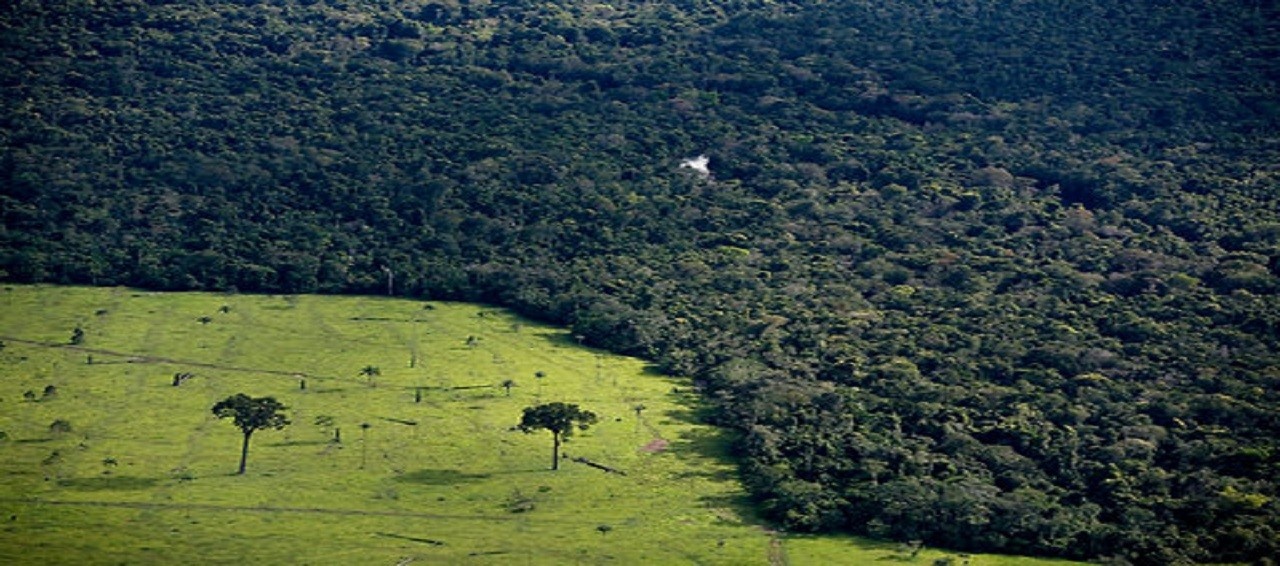Jackie McVicar
Jackie McVicar (BA, IDS 2002)
Human Rights Activist (Guatemala and Nova Scotia)

In a large courtroom alongside 500 other people, Jackie McVicar witnessed a judge declare Efrain Rios Montt, a former military dictator in Guatemala, guilty of genocide. For McVicar, it was āunbelievable.ā
āJust seeing people speak their truth and be heard,ā says McVicar. āI canāt describe the feeling. People were crying and so happy.ā
I will never ever forget that moment.
From 2006 to 2017, McVicar worked as the network coordinator for the (BTS). BTS supports Indigenous Maya in Guatemala through solidarity, raising awareness, rebuilding initiatives, structural change, on-the-ground accompaniment and observation.
Through her role with BTS, McVicar participated in the Coalition Against Unjust Mining in Guatemala (CAMIGUA). A partnership between Canadian and American organizations, CAMIGUA advocates for the human rights of Guatemalans impacted by mining extraction.
IDS really offered me an opportunity to open my eyes
Since 2015, McVicar has worked in communications and education at , which focuses on mining accountability and Canadian extractivism.
In 2017, McVicar started working with the at the , which focuses on peace, justice and relationship building between indigenous and non-indigenous people.
Since January 2018, McVicar has been focusing on supporting Hondurans facing serious human rights violations in the context of the post-electoral crisis.Ģż
McVicar says the most rewarding part of her career is connecting with people and building relationships.
āWhat I love is to able to be part of circles and hearing about whatās happening,ā says McVicar.
McVicar grew up in Alvinston, Ontario, but now splits her time between Tatamagouche, Nova Scotia and Guatemala City, Guatemala.
Dal helped politicize me.
In 1998, McVicar moved to Halifax to study international development and environmental studies at pilipiliĀž».
While studying at pilipiliĀž», McVicar says she often found herself ātrying to navigate a lot.ā McVicar says the program helped her develop a critical perspective.
āIDS really offered me an opportunity to open my eyes,ā says McVicar.Ģż
āDal helped politicize me.ā
McVicar says the IDS program allowed for self-growth, self-reflection, understanding the global systems in place and becoming more conscious of the world.
The more you try to understand, the more you see how complicated things are
McVicarās biggest takeaway: the more you know, the less you actually know.Ģż
āThe more you try to understand, the more you see how complicated things are,ā says McVicar.
McVicar obtained a Bachelor of Arts (Honours) with a major in International Development Studies and a minor in Environmental Studies in 2002.
In 2011, McVicar received a Masters of Adult Education and Community Development from St. Francis Xavier University. McVicar also has a diploma in Creative Writing from Humber College, which she obtained in 2015.
McVicar says her career āfor sureā relates to her IDS degree. āI think that I do use a lot of what I learned in the program,ā says McVicar.
During her time at pilipiliĀž», McVicar says she learned how to be a critical thinker and analyze and apply theories. McVicar says she also acquired practical skills, such as relationship building, multitasking and interdependence.
McVicarās advice to IDS students: be open-minded and ask questions, but also know when to be silent and listen.
āGive space to people who already are experts in this work and do our part as scholars, academics or development workers to ensure that what communities want is what is actually happening,ā says McVicar.
be open-minded and ask questions, but also know when to be silent and listen
Ģż
